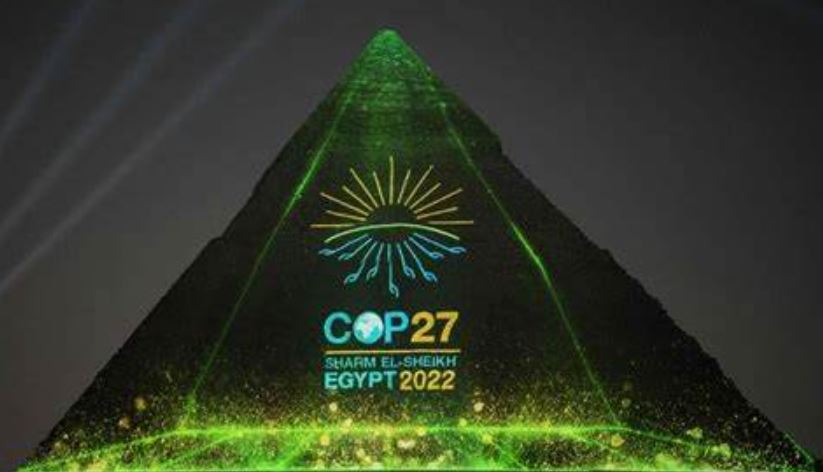CAIRO: As Egypt gears up to host the UN Climate Change Conference, the Ministry of Awqaf on Saturday issued a book on the relationship between the environment and Islam.
Titled “Protecting the Environment Between Legislative and Human Responsibility,” the publication sheds light on Islam’s interest in the natural world and the need to preserve it as a public asset.
Awqaf Minister Mohamed Mukhtar Gomaa and several scholars contributed to the book, which details how Islamic Shariah gives special attention to protecting the environment on the grounds that anything that helps achieve the interests of the country and its people is at the core of the religion.
“Our religion is concerned with the issue of the environment and the need to deal with it as a public property,” Gomaa said in his introduction to the text.
He added that the dangers of encroachment on the environment had multiplied and accelerated in a way that threatened all of humanity.
Among the research contained in the book is a study by MohamMed Al-Jabali, head of the jurisprudence department at Al-Azhar University, in which he said: “Islam paid special attention to the environment and the universe and set regulations aimed at achieving ecological balance and stability.”
He added: “The legal texts warn against harming the elements of the environment. What the scholars agreed upon is the preservation of the essentials of life, such as religion, soul, offspring, reason, money and homeland.”
In a separate study on afforestation, Ahmed Abbas, director general of the Egyptian Environmental Affairs Agency, said: “The call to plant gardens and parks, and even the rooftops of schools, universities and government institutions is a matter worthy of attention because it achieves environmental, health, agricultural, social, development and economic goals.”
He added that Egypt’s “Be Prepared for Green” initiative sought to spread environmental awareness, change wrong behaviors and encourage citizens to participate in preserving the environment for the benefit of future generations.

